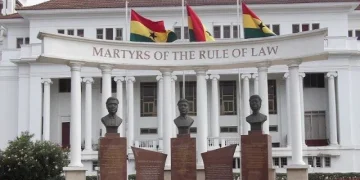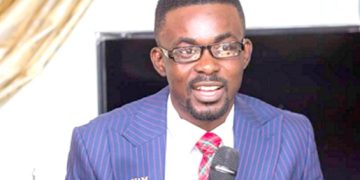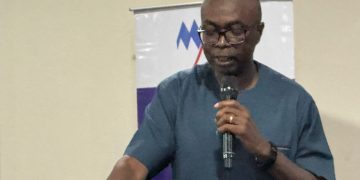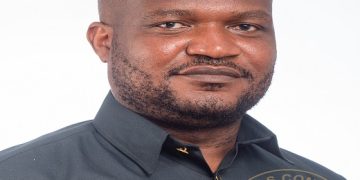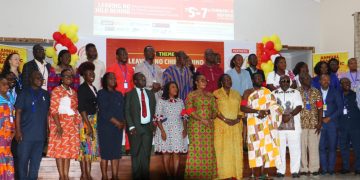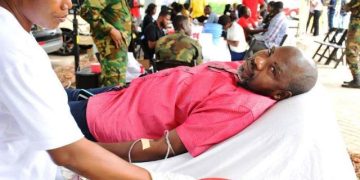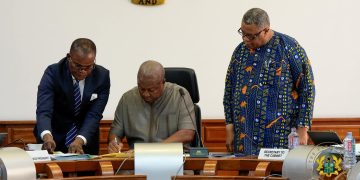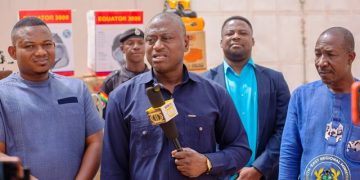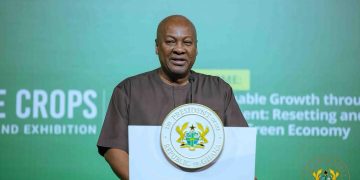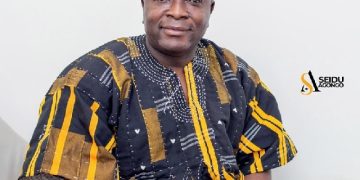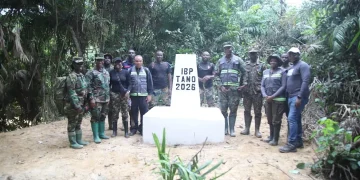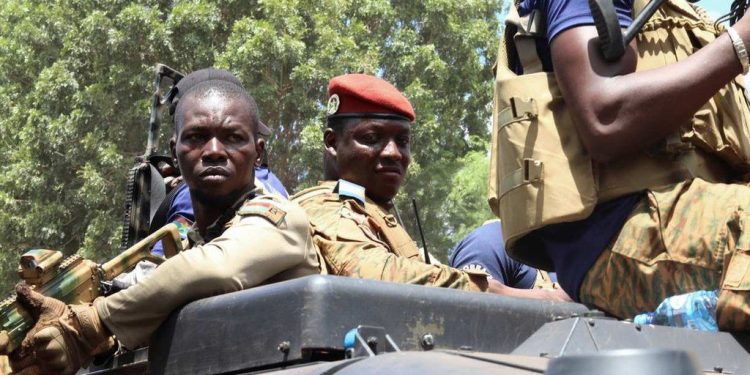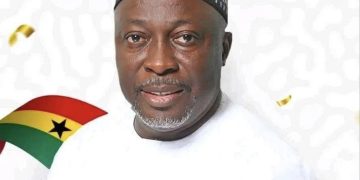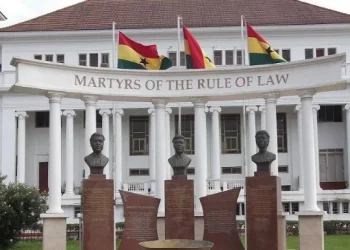Because Afrobarometer reports have usually turned out to be a critical (oft negative) appraisal of the conduct of many regimes, most African governments have tended to look askance at this performance assessment mechanism.
They wish their citizens would believe them when they harangue against “those opposition-inspired” elements. Yet, the only crime of the likes of Mo Ibrahim Foundation, Fitch Solution and Afrobarometer is that they have dared to set up such initiatives that truly measure the political, economic and social atmosphere in African countries, most of whose governments have a record of below-average performance.
This article is written to advise (even warn) African governments that they dismiss reports and findings of these institutions at the peril of their own regimes’ stability.
The reason is the solid credentials of the brains behind them. Who’d doubt the credibility of a report bearing the signature of Professor Emmanuel Gyimah-Boadi, whom we have known in Ghana as an a-political embodiment of academic credibility, intellectual honesty and patriotism? He is the co-founder and Executive Director of Afrobarometer.
This organisation has, in its latest report, warned that “Africa’s democratic project faces challenging times”, and that, indeed, democracy is losing ground on the continent.
Distilling findings from data spanning more than a decade, including its latest round of nationally representative surveys in 39 countries, Afrobarometer’s report contains news that should excite every lover of political stability.
It reports that support for democracy on the continent remains robust; that 66 per cent of Africans say they prefer democracy to any other system of government; that 80 per cent reject one-man or one-party rule.
Counter-finding
But there is a disturbing counter-finding. It reports that support for democracy has declined by seven percentage points. To be blunt, Afrobarometer reports that “Opposition to military rule has weakened by eleven points across 30 countries”
I don’t know what everyone else thinks but I find it chilling that “more than half of Africans (53 per cent across 39 countries) are willing to accept a military takeover if elected leaders “abuse power for their ends.”
Worse, it finds that “only 37 per cent (of Africans) say they are satisfied with the way democracy works in their countries”.
The survey finds that there is an increasing collapse in satisfaction with democracy in several countries, including Botswana (-40 points), Mauritius (-40 points), South Africa (-35 points), Ghana (-23 points) and Namibia (-12 points) – all considered democratic stalwarts on the continent.
What?
What is driving these statistics? A trend has emerged. For example, 77 per cent of Ghanaians say the level of corruption in the country has increased; 87 per cent of them think Ghana is heading “in the wrong direction.”
Regarding elections, the finding is that Ghanaians “want fair and competitive elections, but mistrust the Electoral Commission.”
I don’t know what anybody else thinks. Speaking for myself, this finding by Afrobarometer couldn’t be truer. It is sad that the President, against all popular protests and counsel, including CODEO, but shockingly “on the advice of the Council of State”, has appointed and maintained Dr Peter Appiahene, a politically exposed person on the Electoral Commission.
How can citizens trust the judgment of the EC in an election dispute whose arbiters include people like these?
Again, if, four years after the 2020 election, investigations have not been concluded into the shooting of five Ghanaian citizens on election night, then Afrobarometer finding couldn’t be wrong. Ghanaians compare it with the short time it took Parliament to investigate the Bugri Naabu tape recording involving the IGP, which case was considered so important that the proceedings were telecast.
Anti-coup
Yours truly is anti-coup (my conclusion is that soldiers in power have performed worse than civilians; been even more corrupt), but I find it hard to dismiss reports that the latest coups in Burkina Faso, Gabon, Guinea, Mali, Niger and Sudan enjoy a measure of public support.
The latest thing about coups in Africa is the realisation that sub-regional bodies such as ECOWAS have proved unable to deter coup makers. Weeks of shouting, banging of fists on the table at summits of heads of state and threats of sanctions reversed nothing.
West Africa found itself militarily powerless to intervene and the coup makers are still in power. What am I driving at? I am trumpeting my (and Africans’) anger with impunity by the ruling class.
It has become too easy for Presidents to use family and friends to create, loot, share and stash away millions of dollars in foreign banks (from their cut of dubiously awarded international contracts for the building of much-needed infrastructure).
Citizens who cannot afford half a meal a day suddenly discover that their elementary school classmates with whom they had struggled in life as ‘moborwa’ after school have, within two years of foot-soldiering for a political party, are now counted among property owners!
The writer is Executive Director,
Centre for Communication and Culture.
E-mail: [email protected]


